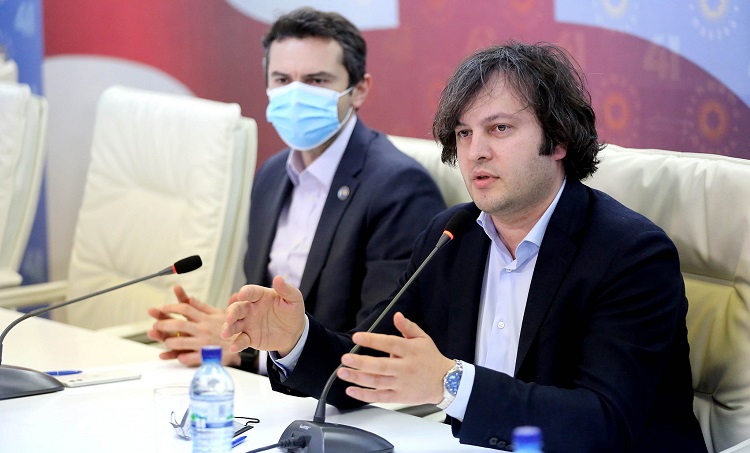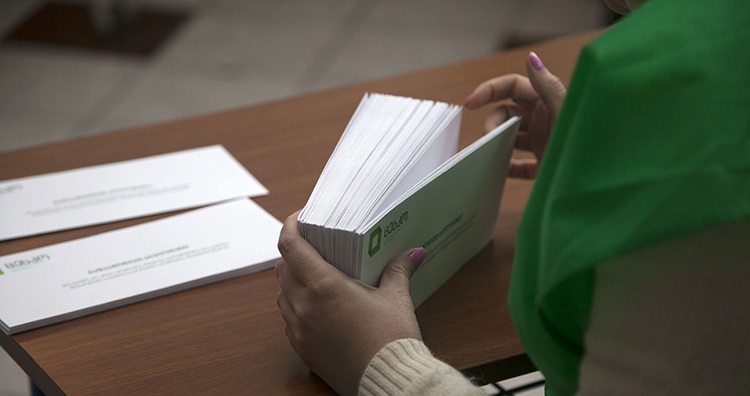Ruling party ‘reminds’ opposition that constitutional changes are result of its ‘goodwill’

The ruling Georgian Dream party head Irakli Kobakhidze has stated that the party remains committed to the April 19 EU-mediated agreement although the GD withdrew from the agreement in July. Photo: Irakli Kobakhidze’s Facebook page.
Head of the ruling Georgian Dream (GD) party, MP Irakli Kobakhidze has reminded the parliamentary opposition that constitutional amendments related to electoral and other issues are a result of the party’s goodwill as the GD has withdrawn from the EU-mediated agreement.
The agreement signed by the ruling party and the majority of opposition parties on April 19, 2021 obliged the signatories to carry out large-scale electoral and judiciary reforms.
The first autumn session in parliament earlier today opened with discussions around the constitutional amendments which require the support of at least 113 MPs in the 150-member parliament to be approved.
According to the bill the next two parliamentary elections must be held with a two per cent election threshold and per a fully proportional electoral system.
The number of parliamentary faction members must not be less than four in the current and in the next two convocations of the state legislature.
 Kobakhidze reiterated that no early elections will take place in the country. Photo: Nino Alavidze/Agenda.ge.
Kobakhidze reiterated that no early elections will take place in the country. Photo: Nino Alavidze/Agenda.ge.
Per the bill the next two convocations of parliament must elect the country’s chief prosecutor by the support of three-fifths of MPs. If the parliament fails to elect the prosecutor general twice in this way, then the parliamentary majority (at least 76 MPs) will elect him. However, the prosecutor general elected by the parliamentary majority will be elected for one year instead of six.
I want to remind the opposition that no political agreement exists. The April 19 agreement has been annulled and the constitutional changes are being carried out by our political goodwill. This is what you must remember during all readings of the changes,” Kobakhidze said.
He reiterated that the GD withdrew from the EU-mediated agreement (back in July). However, it remains committed to the agreement.
Kobakhidze and the opposition parties have stated earlier that there may be controversies on the stipulation on the election of prosecutor general.
Kobakhidze said that the stipulation in the EU-mediated agreement was ‘legally incorrect.’ However, the GD signed the agreement anyway, considering the political situation in the country at that time.
He stated that the prosecutor general should be elected by the majority ‘like in many European countries.’
 Tweet
Tweet  Share
Share